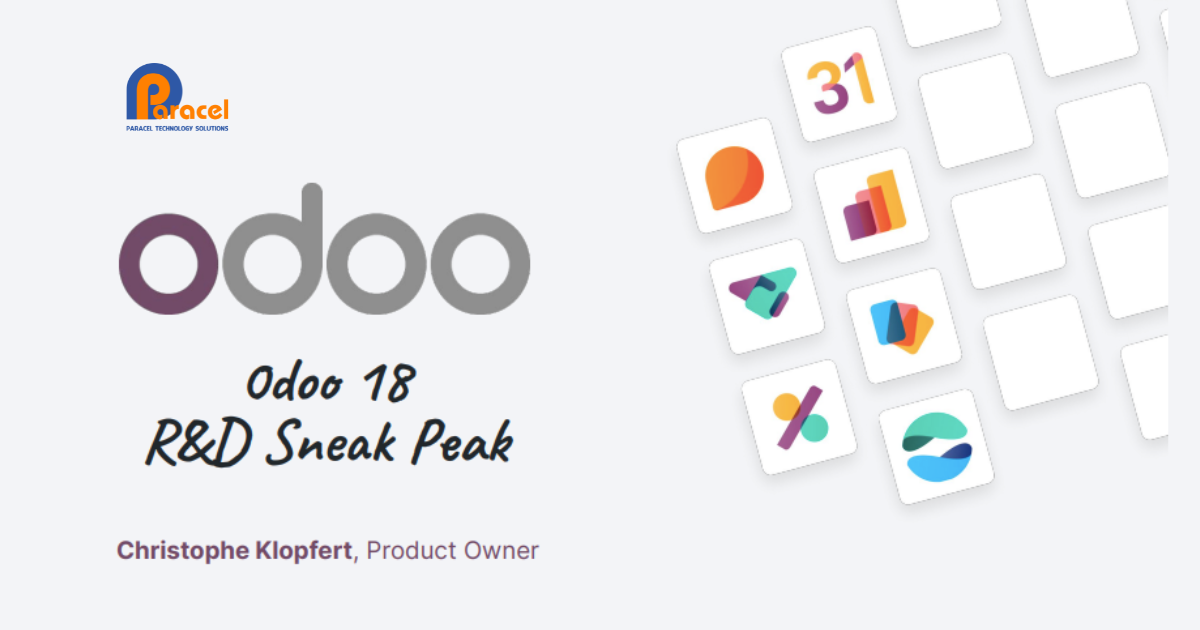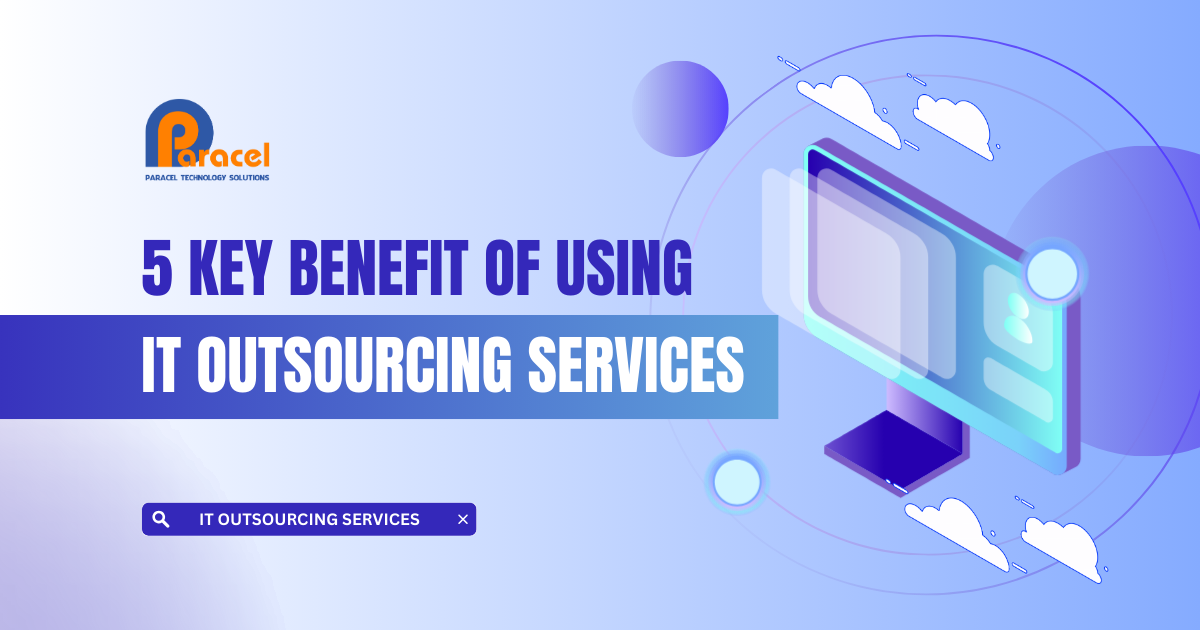Cloud solutions encompasses applications, storage, on-demand services, computer networks, or resources accessed via the internet through a shared cloud computing infrastructure provided by a third party.
An analogy for cloud computing is likening it to electricity. Similar to how electricity is accessed without the need for a personal power plant, cloud users connect to a shared computing framework provided by a service provider.
Benefits of Cloud Computing:
1. Cost-Efficiency for Businesses:
Cloud solutions operate on a pay-as-you-go model, ensuring that businesses only pay for the resources they utilize. This flexibility is particularly advantageous for startups with budget constraints, aligning expenses with company growth. In case of business fluctuations, plans can be adjusted accordingly. Upfront infrastructure costs, such as servers and software licenses, are eliminated. Businesses can sidestep the need for an in-house IT team for equipment maintenance.
2. Accessibility and Flexibility for End-Users:
For end-users, cloud computing facilitates access to files, emails, business applications, and more from any device with an internet connection. Whether working from an office desktop, a home laptop, or mobile devices, users can seamlessly access their accounts. Real-time synchronization ensures data consistency across devices, minimizing concerns about outdated information or the need for redundant efforts.
3. Affordability for Small Businesses:
As Cloud solutions approaches gain popularity, price points become more affordable for small businesses. Software as a service (SaaS) solutions caters to various business needs, allowing companies to acquire necessary tools at a fraction of the cost of traditional licensing. Additionally, access is not confined to licensed devices, enhancing disaster recovery capabilities. In the event of hardware failure, critical project files can be retrieved from the cloud.
Illustrative Example: Adobe Creative Suite:
Consider the Adobe Creative Suite, traditionally requiring substantial upfront costs. With the cloud model, teams can access a single app for a monthly fee, making it more economical for small businesses. For instance, Adobe’s Photoshop, previously costing $699 per license, is now available at $33.99/month/license. Bundled packages offer further cost savings. This approach ensures that software is consistently updated, and projects remain accessible anytime, anywhere, in the cloud.
In summary, Cloud Solutions provide a cost-effective, flexible, and accessible computing environment, benefiting both businesses and end-users. The shift towards cloud computing has democratized access to advanced tools and technologies, making them more attainable for businesses of all sizes.
Advantages of Embracing Cloud Solutions
Constructing an on-premises IT infrastructure could entail substantial costs, ranging from computing power requirements to necessary software. Factors such as power outages can lead to downtime, impacting services provided through local servers. Cloud solutions eliminate concerns about maintaining data centers and operational continuity.
Components of Cloud Computing Solutions:
- Software as a Service (SaaS):SaaS, positioned at the pinnacle, involves cloud-hosted software accessible to users. Examples include Planergy. Users interact with applications without worrying about underlying infrastructure.
- Infrastructure as a Service (IaaS):IaaS constitutes the hardware and infrastructure supporting software. Users can rent cloud infrastructure, including servers and data center space. This approach, distinct from ownership, allows for agile scaling based on business requirements.
- Platform as a Service (PaaS):PaaS serves as the platform for creating and deploying applications. Developers collaborate, create, and test applications without the need to procure or manage infrastructure.
These services collaboratively enable businesses to save time and reduce costs associated with deploying and managing essential IT resources.
Public vs. Private Cloud vs. Hybrid Cloud:
- Public Cloud:Public clouds offer services to multiple customers through providers operating virtual machines. SaaS, IaaS, and PaaS fall under public clouds. Data and applications are not visible to other customers, with data management and security the responsibility of the provider. Examples include AWS, Azure, and Google Cloud Platform.
- Private Cloud:A private cloud is not shared with other organizations and can be maintained internally or hosted externally. Consequently, it provides enhanced privacy but may incur higher costs. Data management and security are more under the user’s control, akin to renting a private house.
- Hybrid Cloud:A hybrid cloud integrates on-premises, private, and public cloud services. Workloads move between these environments based on computing needs and cost dynamics. This approach offers flexibility and diverse data utilization options.
Investing in cloud solutions streamlines access to necessary software for various business functions. From human resources tasks to procurement, ERP, financial management, and more, cloud-based systems provide comprehensive tools, fostering business efficiency and adaptability.
ParacelTech’s cloud solutions services
ParacelTech offers a range of cloud solutions designed to provide businesses with scalable and flexible services. With our platforms, you can easily deploy and manage your applications and infrastructure, freeing up time to focus on your core business objectives.
Our cloud solution is backed by 24/7 technical support, ensuring that you have expert assistance whenever you need it. We also offer flexible pricing options, allowing you to pay only for the resources you use, making it a cost-effective solution for businesses of all sizes.
Cloud Compute
Our cloud computing service offers virtual machines that utilize shared vCPUs, catering to a wide range of business and personal applications. Whether you need to host low traffic websites, blogs, content management systems, development/test environments, small databases, or anything else, our Cloud Compute service has got you covered. You can choose from our High Performance or High Frequency plans, which feature the latest generations of AMD or Intel CPUs, coupled with NVMe SSD storage for optimal speed and performance.
Optimized Cloud Compute
Our optimized cloud computing service utilizes fully dedicated, state-of-the-art AMD EPYC vCPUs. With dedicated vCPUs, these virtual machines guarantee fast and consistent performance, meeting the demands of various business applications.
Optimized Cloud Compute Service
GPU Cloud
Our Vultr Talon platform offers cost-effective and user-friendly accelerated computing. With just a few minutes, you can provision virtual machines equipped with fractional NVIDIA GPUs.
Dedicated Servers
Our dedicated servers offer direct access to the complete capabilities of the underlying physical hardware, eliminating the need for virtualization. With Vultr automation, you have full control over a real, physical server, combining convenience and simplicity. Additionally, our dedicated servers are exclusively single-tenant, ensuring that you are the sole user with unrestricted access to your server’s resources.
Direct Connect
Establish secure, direct connections between Vultr and various cloud service providers, colocation facilities, or on-premises data centers.
See more: Remote Workspace Platform





Leave a Reply